Wye-Usk Transition Lab: Transforming a landscape
The Wye and Usk are storied and much-loved rivers that also happen to be some of the unhealthiest waterways in the UK. What does it take to transform the Wye and Usk catchments? Luke Penny and Jyoti Banerjee lay the case for a Wye-Usk Transition Lab.
Can a landscape be a regenerative and healthy environment for its inhabitants? North Star Transition is creating Wye-Usk Transition Lab, to bring together the actors who can together transform an entire landscape.
The challenge
The rivers, their catchments and those who live there face a number of problems. Issues include flooding, drought, pollution, decreasing fish stock and biodiversity of the rivers, low flow and water scarcity, soil health and the future of farming. The Usk ends in Newport, an urban area affected by upstream decisions. Local issues are accompanied by issues across the UK of climate change, health and well-being, the nature crisis and how to fairly manage economic change.
To transform the catchments into a healthy environment is an immense challenge, especially within the contested narrative of what has brought the Wye and Usk rivers to their current state, and who is responsible.
It will require participants from multiple sectors across the landscape, including farming, the environment, health, government and business coming together to collaboratively assemble the actions on the ground that would transform the entire catchments and landscape of the Wye and Usk.
It will require governance and resource to manage and fund these actions, not only from the public sector, but also from private finance. It will require us all to work in a new way – a project of this scale and ambition is a UK first and currently, the private finance community have no precedents for this type of large scale investment in landscape interventions. We think that cross-border collaboration in England and Wales, and between organisations, can show the way to tackle such a complex generational challenge.
What does a healthy river and landscape look like?
We are seeking nothing less than the transformation of Wye, Usk and their catchments. This means carbon sequestration at scale, biodiversity gains across an entire landscape, the production of nutrient-dense foods, the well-being of local communities, increasing soil health and decreasing soil erosion, fish and water-crowfoot in the river, environmentally and economically sustainable farming, flood and drought management, recreation and tourism. A place where nature thrives and where people want to live, work, play and be.
How we plan on involving stakeholders
We are inviting stakeholders of the Wye and Usk landscape to join the Wye-Usk Transition Lab. The goal of a Transition Lab is to bring together unlikely allies from different disciplines and cultures to reframe problems, identify obstacles of change, co-learn, and create novel co-creative solutions.
Within the Wye-Usk Transition Lab we seek to bring together two distinct groups of stakeholders:
• Participants from multiple sectors across the landscape, including farming, the environment, health, government and business – their primary task would be to collaboratively assemble the actions on the ground that would transition the entire Wye and Usk catchments and landscape to a healthy state.
• A collaboration across financial institutions and large corporates that would together explore how to unlock the large sums needed to transform an entire landscape. Addressing the institutional and governance arrangements needed to provide such resourcing, and the financial tools that will be needed to enable such financing to be made available at scale.
In March 2023, North Star Transition will be starting Wye-Usk Transition Lab with the goal of imagineering what the Wye-Usk landscape could look like if it was regenerative: first, imagining together, and then engineering the outcomes.
This will not be a talking shop. Through bringing these two groups together, addressing obstacles that have previously prevented change and enabling necessary action to be funded through a blend of public and private finance, we believe we can make the Wye-Usk landscape a healthy, regenerative place for all living things, including future generations.
Where have these ideas come from?
Wales Transition Lab, a North Star Transition initiative, commenced in October 2020 and challenged the status quo of how to manage food and its connections to land, health, environmental and financial impacts, by bringing together disconnected stakeholders from across these different Welsh systems.
Collective setting of shared objectives amongst diverse stakeholders has already reduced controversies about how to change today’s system – a very contested space – and moved the conversation towards a positive shared vision, through which stakeholders can share actions, outputs, outcomes and impacts together.
Initial work has already enabled Welsh health boards to re-imagine how food can become a long-term planning focus for health in Wales. With support from Welsh Government, we are working on reshaping public sector food sourcing so that it buys locally grown food, bringing environmental, well-being and local economy impacts to the fore.
What has come out of Wales Transition Lab is a desire to bring disconnected actors together in a place based, on the ground, landscape scale project. The multiple and complex problems of the Wye and Usk present a natural place for this work.


